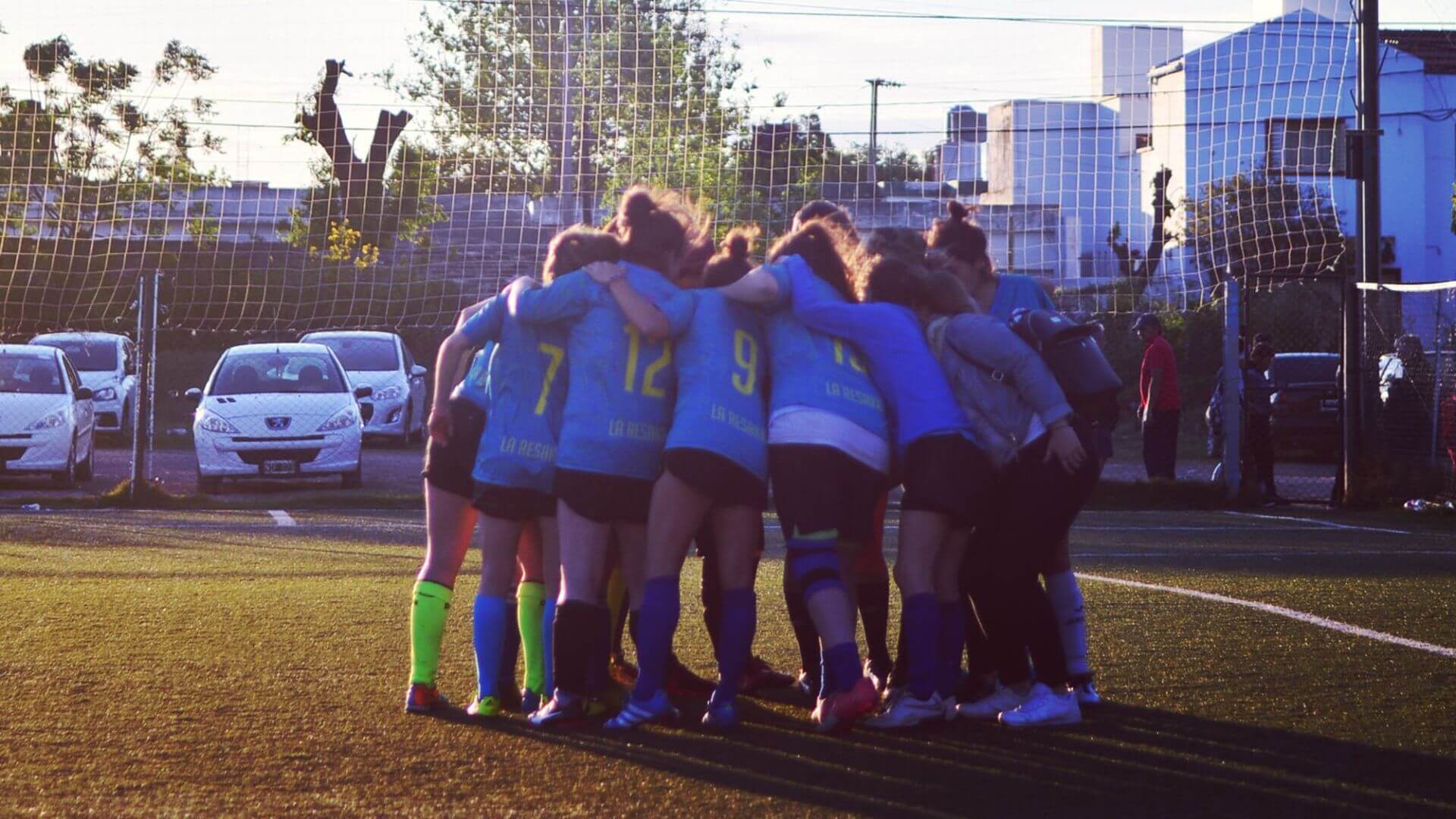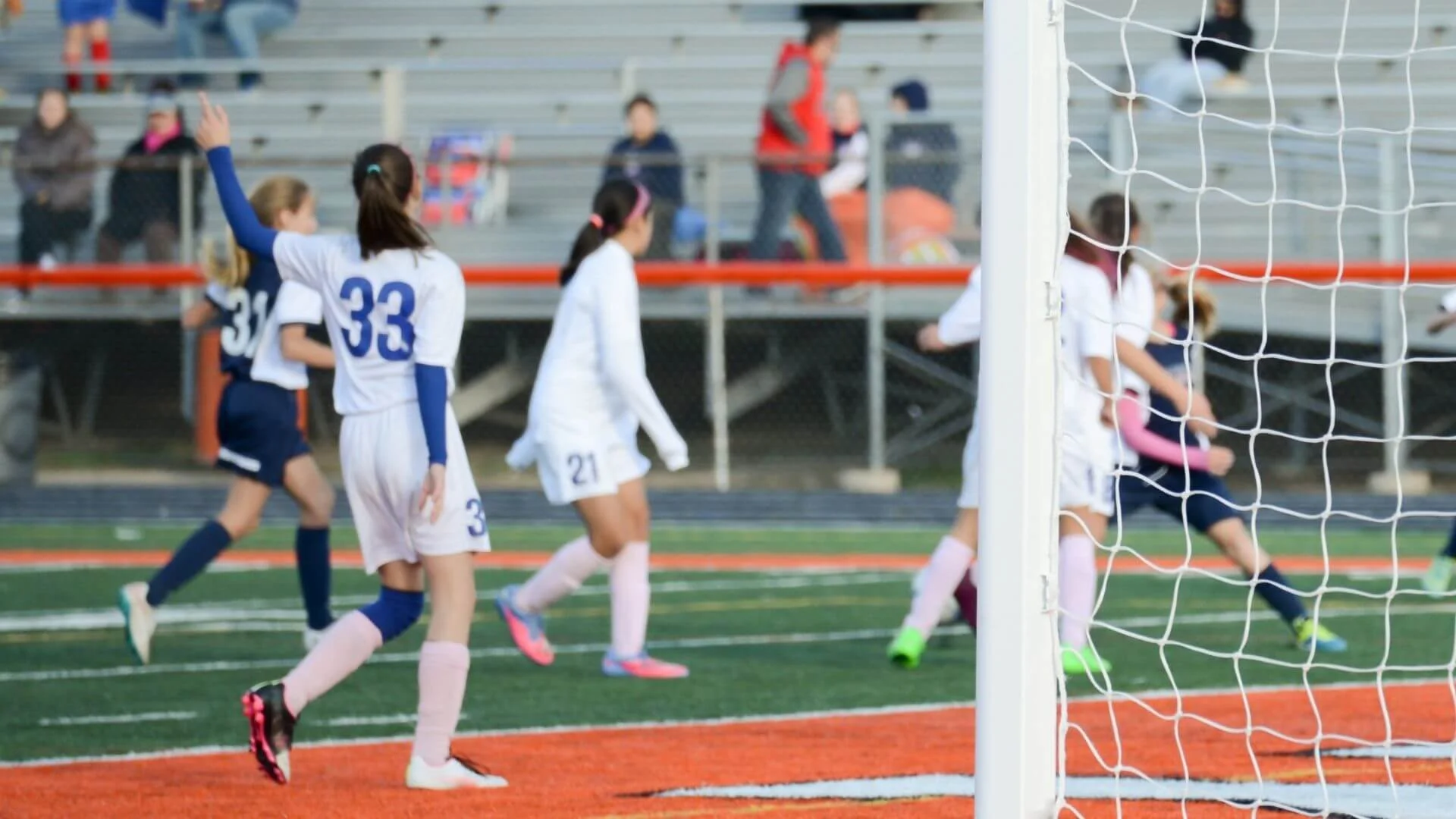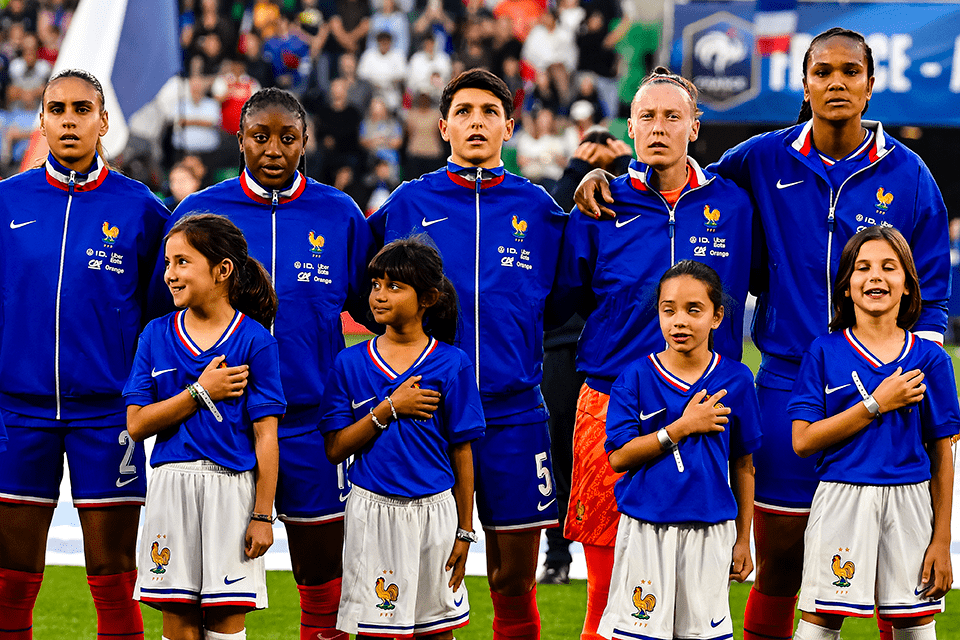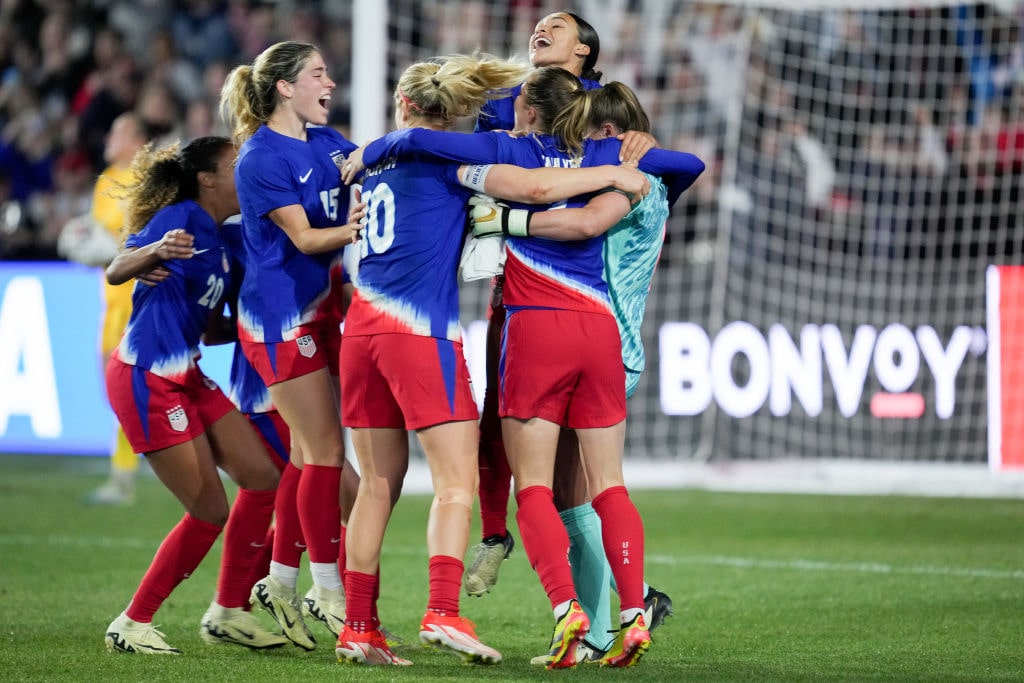Overcoming Gender Stereotypes in Youth Soccer
Youth soccer is an old cherished sport enjoyed by children all over the world giving them exercise, team spirit and the fun of competition. However, for young girls, participation in soccer often comes with an added challenge: breaking the gender stereotype. Stereotypes may serve to confine the opportunities and create beliefs, hence girls find it difficult to follow their soccer desire of playing at a top level, being the player that shifts betting odds Champions League like the likes of Mbappe or Ada Hegerberg. This article discusses the characteristics of such stereotypes, their significance and ways of getting rid of them.
The Nature of Gender Stereotypes in Youth Soccer
Youth soccer gender stereotypes are based on the wider norms of society determining what activities are acceptable for boys and girls. The sport of soccer has always been considered a man’s domain in the traditional sense that boys are groomed and taught how to play and excel in it, while girls are moved on to other non-physical activities. These stereotypes manifest in various ways:
- Cultural Perceptions: Soccer is still considered a boys’ sport in many cultures, which results in fewer girls playing or being taken seriously when they do.
- Media Representation: The media very rarely presents female athletes, instead they concentrate on men’s sports. This absence of information adversely affects young girls engaging in soccer.
- Institutional Bias: In which boys’ soccer teams may be provided with more support and resources than girls’ teams, hence, reflecting and perpetuating societal biases.
Gender Stereotypes that are impregnated in society are also called under the Realm of the Impact of Gender Stereotypes as they carry a lot of meaning.
The Impact of Gender Stereotypes
- Reduced Participation: The stereotypes that are associated with soccer can discourage girls from choosing to join soccer teams, which results in low participation rates. This can rob them of the sport’s physical and psychological benefits.
- Self-Esteem and Confidence: The stereotype warfare could erode self-esteem and confidence in girls, who would then question their abilities and suitability to play soccer.
- Career Aspirations: Limited possibilities and encouragement can kill the dreams of young female players, preventing them from seeking to play at higher levels of soccer.
Ways to Deal with Gender Stereotypes
Youth soccer’s gender biases are felt by girls both on and off the field. Stereotypes may act as a deterrent, which in short, deprives girls of the benefits of this physical and mental sport and lowers their self-esteem. Lack of chances and support may kill their dreams and lead them to difficulties in soccer at higher levels. The elimination of such stereotypes is a task of parents, coaches, schools and the community. Initiating girls’ soccer since they are young, giving equal support and resources, the active promotion of female professionals, better media coverage of female soccer and coaching gender sensitization are fundamental. Creating supportive communities and discussing stereotypes can enable young female athletes to tackle these problems.
Success Stories and Progress
Many such positive stories exist that mirror development in breaking gender stereotypes in children’s soccer. An example is the U.S. Women’s National Soccer Team which has been a great success on and off the field and being a fair campaigner for gender equality, inspiring many girls to join the beautiful game. Just as Girls in the Game and the Women’s Sports Foundation are among the grassroots initiatives and organizations that work hard to give girls soccer and other sports to play.
One of the most important steps of youth soccer is overcoming gender stereotypes since this sport is supposed to be for children of all genders. Society may be challenged, opportunities provided and supportive environments created for young girls to play soccer freely. When more girls can overcome these obstacles and succeed in the game, the youth soccer field will shift to be more inclusive and fair to those who come after them.













